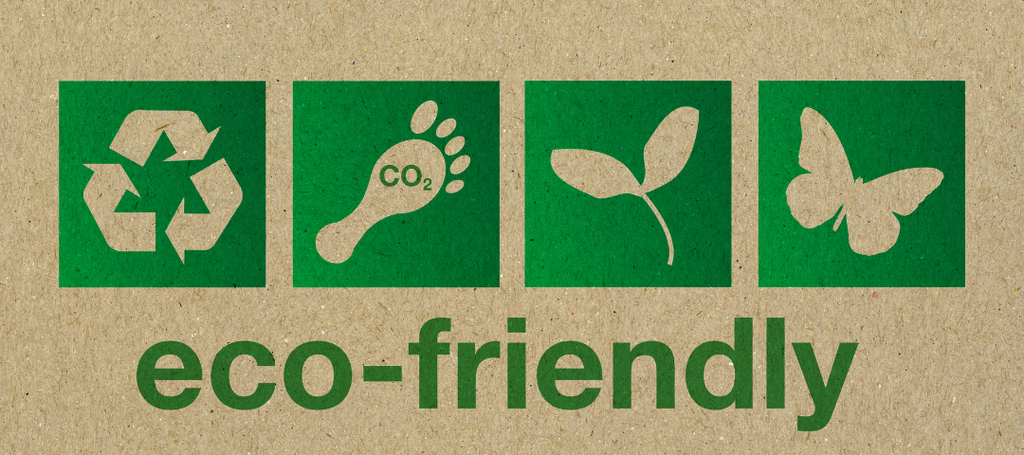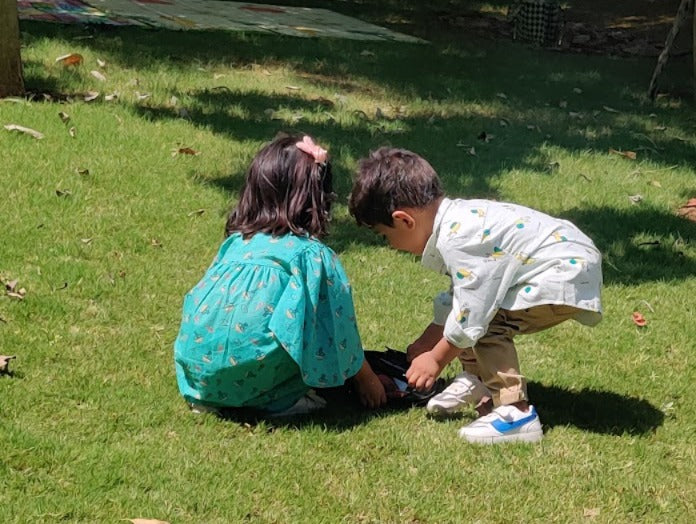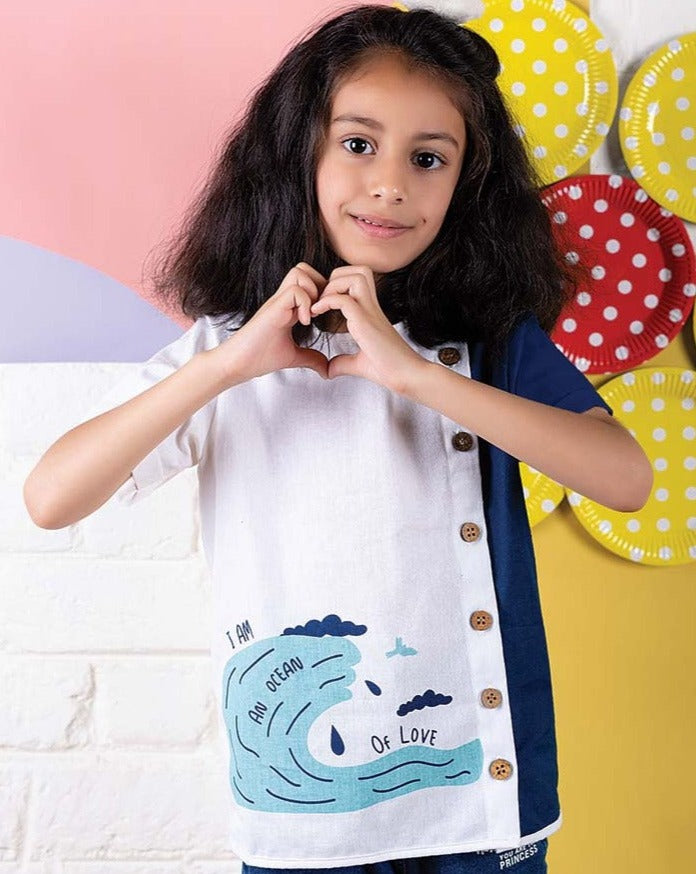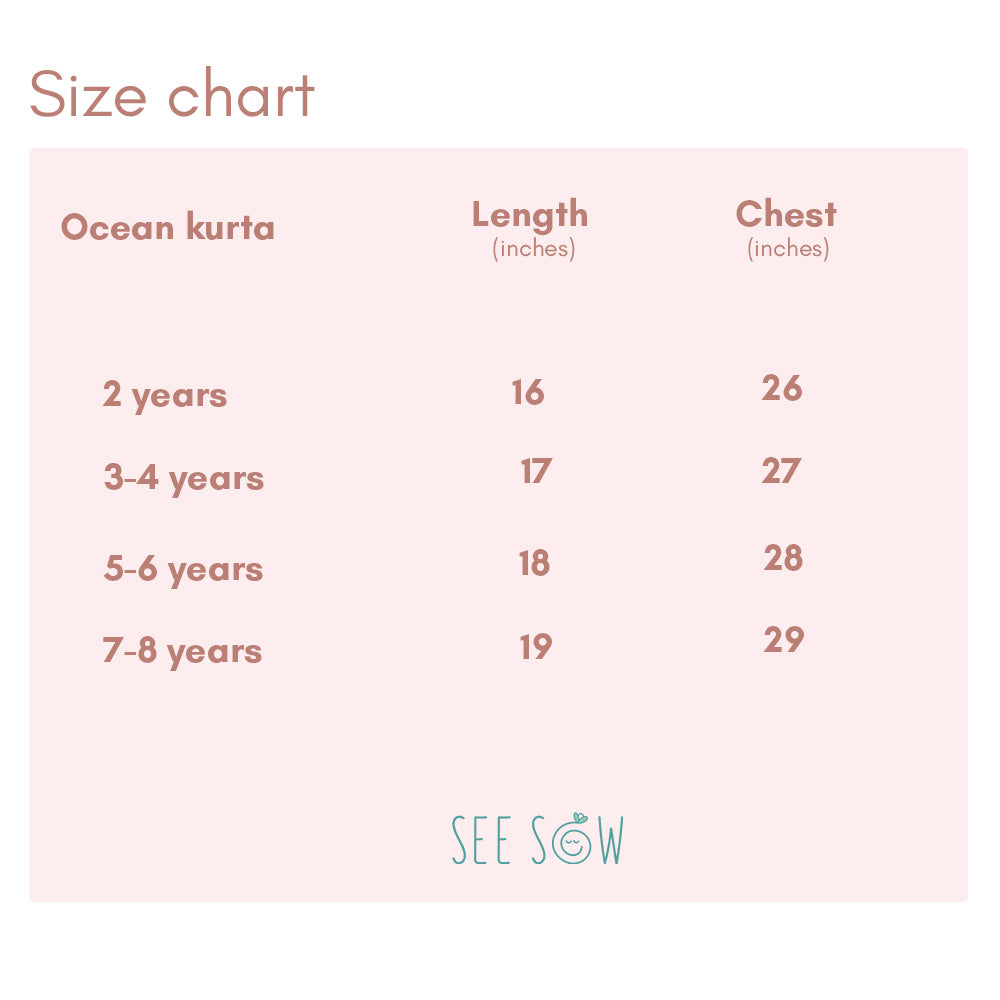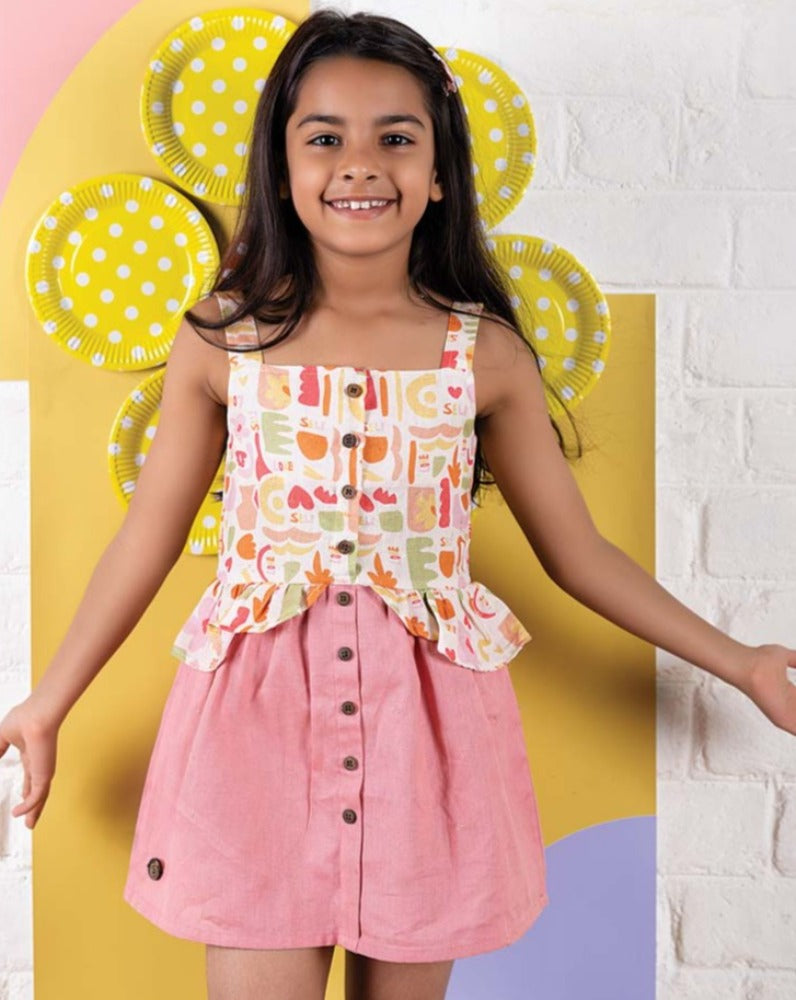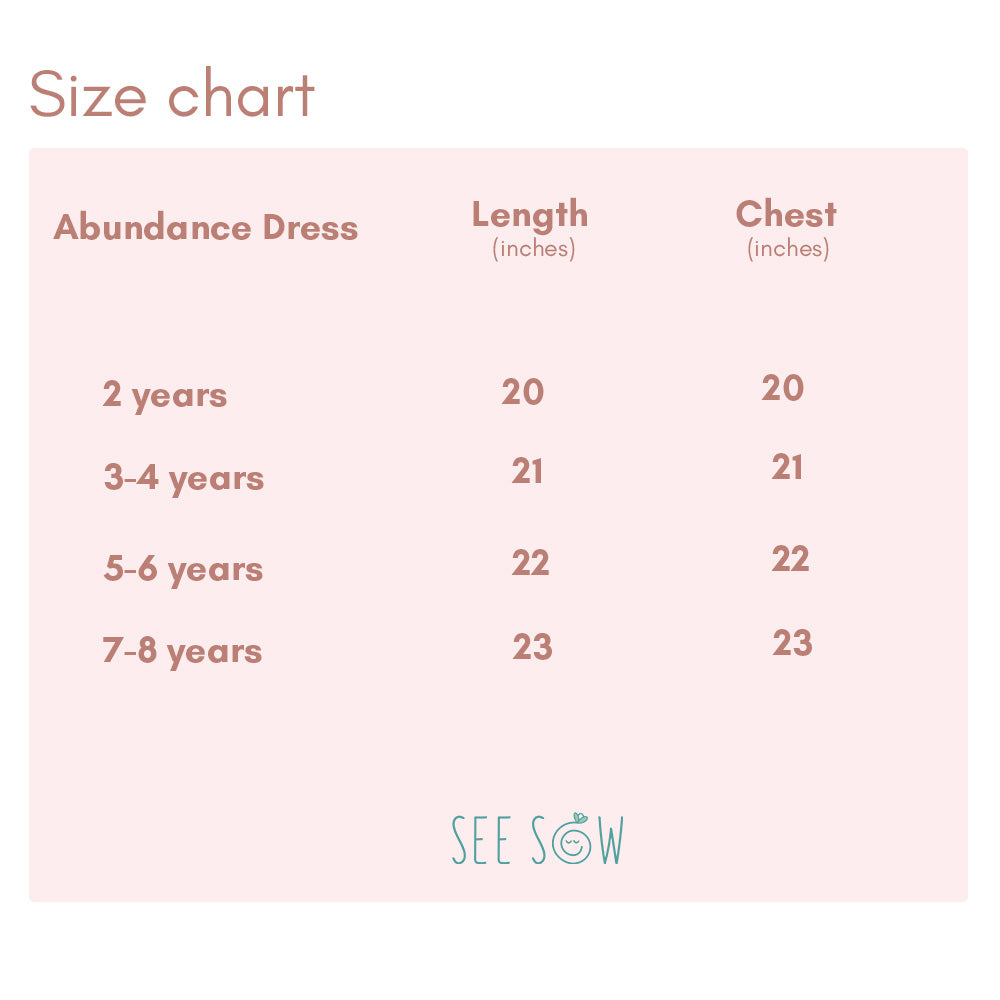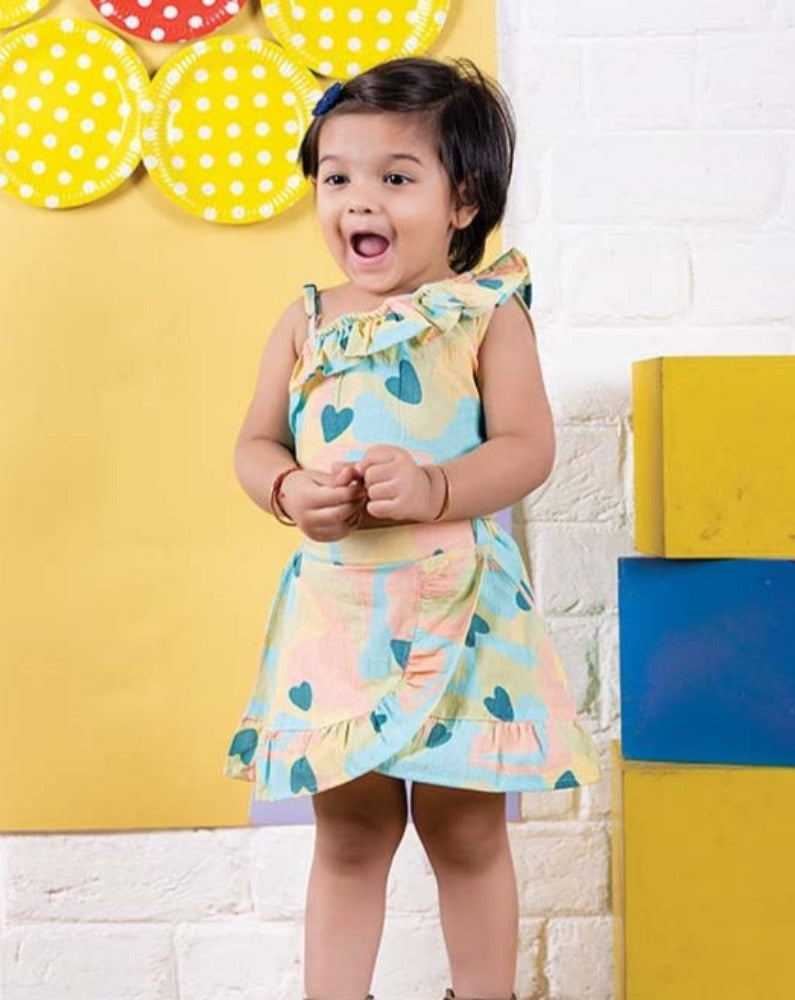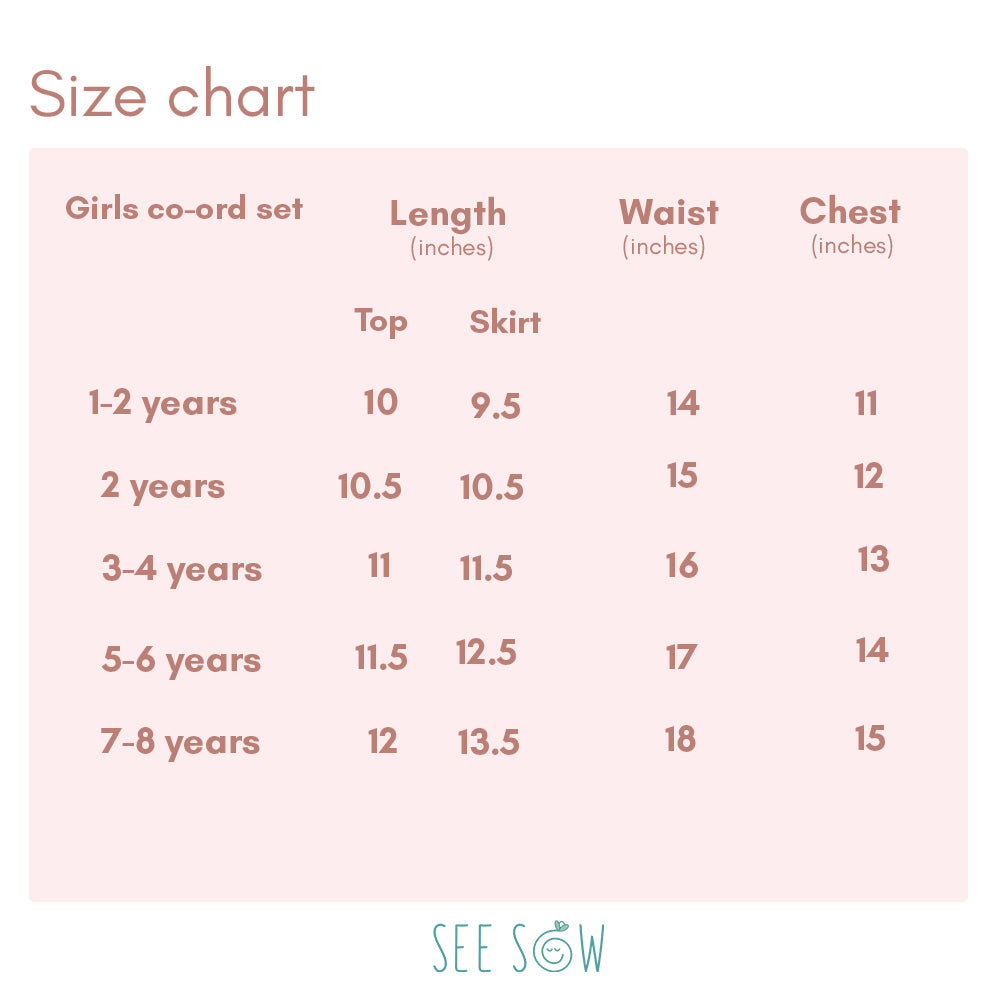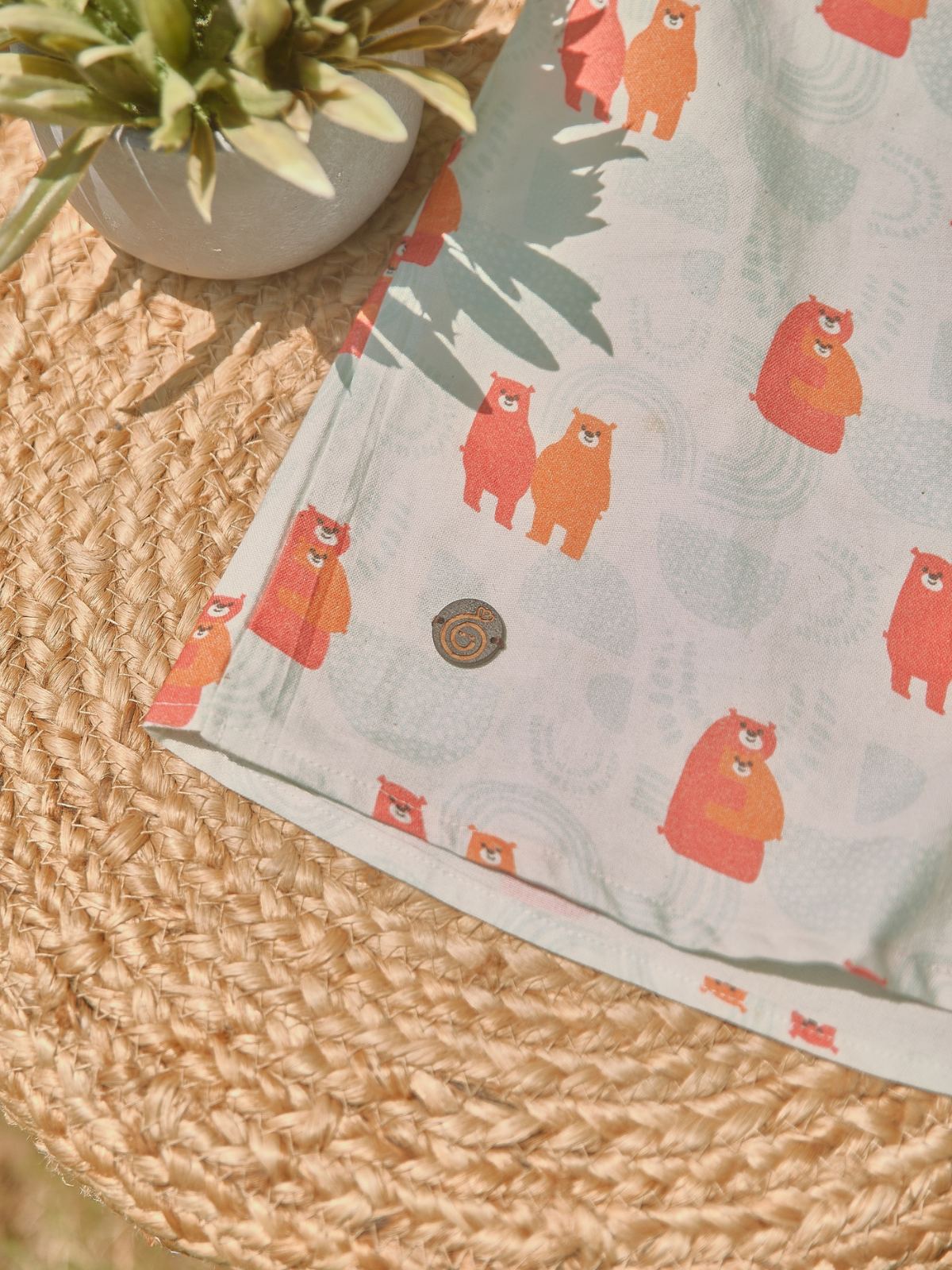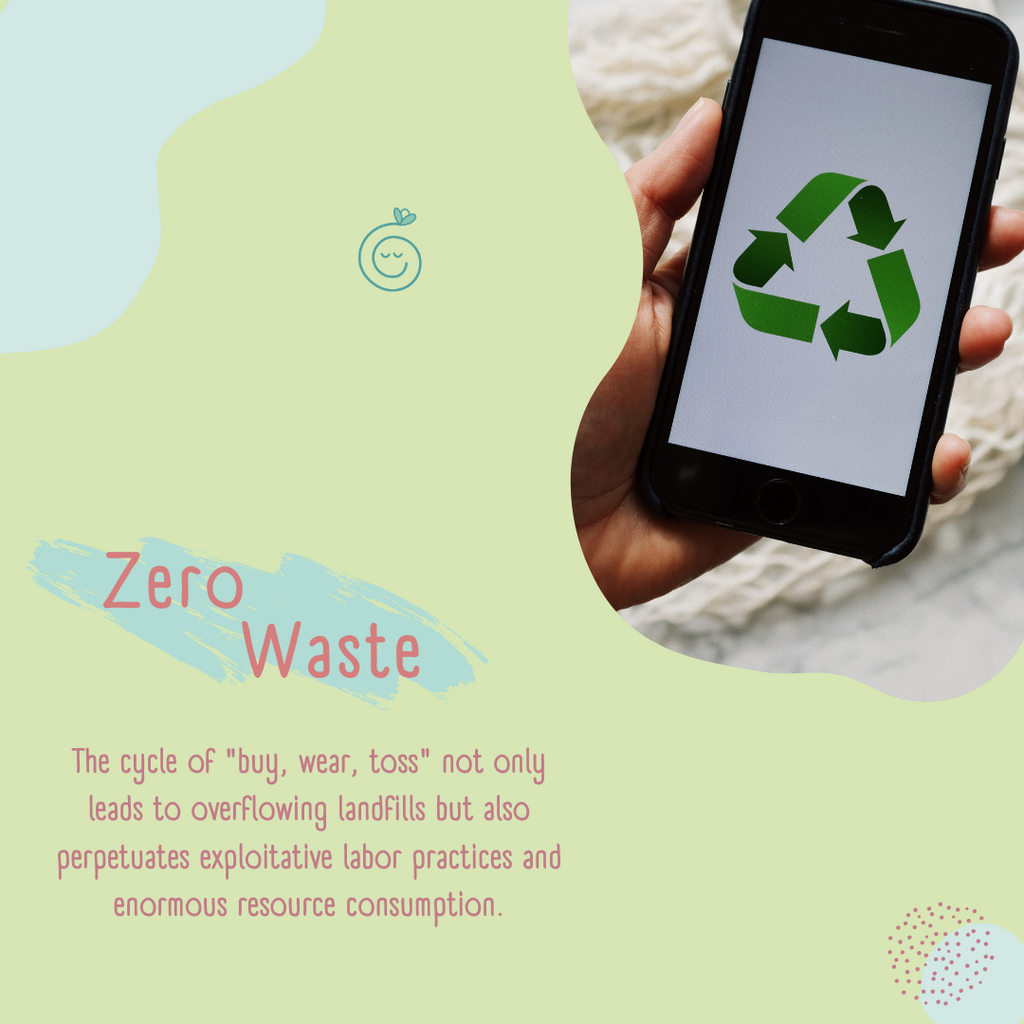
Buy, Wear, Toss : Exploring Sustainable Alternatives

The fast fashion industry has revolutionized the way we shop for clothes, offering the latest trends at unbeatable prices. However, this convenience comes at a significant cost to the environment and society. The cycle of "buy, wear, toss" not only leads to overflowing landfills but also perpetuates exploitative labor practices and enormous resource consumption. So, is there a better alternative to fast fashion? The answer is a resounding yes, and here’s how we can shift towards more sustainable fashion practices.Understanding the Impact of Fast FashionBefore exploring alternatives, it's crucial to understand the detrimental effects of fast fashion:
- Environmental Degradation: The fast fashion industry is one of the largest polluters in the world. The production process involves toxic chemicals, excessive water use, and significant carbon emissions. Clothes made from synthetic fibers like polyester also contribute to microplastic pollution.
- Labor Exploitation: Many fast fashion brands rely on cheap labor in developing countries. Workers often face poor working conditions, low wages, and long hours, with little to no labor rights protection.
- Waste Generation: The "wear once" culture promoted by fast fashion leads to an enormous amount of textile waste. According to the Environmental Protection Agency, millions of tons of clothing end up in landfills every year.
- Toxic Chemicals: The harsh and toxic chemicals/dyes used in the production process causes irritation and skin issues to children and poses threat to their health.
Sustainable Alternatives to Fast FashionTransitioning away from fast fashion doesn't mean sacrificing style or breaking the bank. Here are some viable alternatives:
1. Slow Fashion Movement - Slow fashion emphasizes quality over quantity. It encourages consumers to buy less but invest in pieces that are timeless, durable, and ethically produced.
Brands like See Sow support the slow fashion movement by focusing on sustainable materials, fair labor practices, and transparent supply chains. 2. Second-Hand and Vintage Shopping - Thrift stores, consignment shops, and online platforms like Revolve and Bombay Closet Cleanse offer a treasure trove of second-hand and vintage clothing. Buying pre-loved items not only saves money but also reduces demand for new clothing production, minimizing environmental impact.3. Clothing Swaps and Rentals - Clothing swaps are a fun and eco-friendly way to refresh your wardrobe. By exchanging clothes with friends or through community events, you can give your garments a new life.4. DIY and Upcycling - Get creative with your wardrobe by upcycling old clothes into new designs. Simple alterations, like adding patches or dyeing, can breathe new life into tired garments. DIY fashion not only promotes sustainability but also allows for unique, personalized style.See Sow uses leftover fabric scraps from their garments to create such upcycled organizers and pouches which make for wonderful birthday return favors and perfect for holiday gifting!5. Capsule Wardrobes - A capsule wardrobe consists of a limited number of versatile pieces that can be mixed and matched to create various outfits. This minimalist approach encourages thoughtful purchases and reduces the need for constant new additions to your closet.Mix and Match with See Sow garments and indulge in versatile sustainable fashion!Embracing a Mindful Fashion EthicShifting away from fast fashion requires a change in mindset. Here are some tips to adopt a more mindful fashion ethic:1. Buy Less, Choose Well: Focus on quality over quantity. Invest in pieces that are well-made, versatile, and timeless.
2. Second-Hand and Vintage Shopping - Thrift stores, consignment shops, and online platforms like Revolve and Bombay Closet Cleanse offer a treasure trove of second-hand and vintage clothing. Buying pre-loved items not only saves money but also reduces demand for new clothing production, minimizing environmental impact.3. Clothing Swaps and Rentals - Clothing swaps are a fun and eco-friendly way to refresh your wardrobe. By exchanging clothes with friends or through community events, you can give your garments a new life.4. DIY and Upcycling - Get creative with your wardrobe by upcycling old clothes into new designs. Simple alterations, like adding patches or dyeing, can breathe new life into tired garments. DIY fashion not only promotes sustainability but also allows for unique, personalized style.See Sow uses leftover fabric scraps from their garments to create such upcycled organizers and pouches which make for wonderful birthday return favors and perfect for holiday gifting!5. Capsule Wardrobes - A capsule wardrobe consists of a limited number of versatile pieces that can be mixed and matched to create various outfits. This minimalist approach encourages thoughtful purchases and reduces the need for constant new additions to your closet.Mix and Match with See Sow garments and indulge in versatile sustainable fashion!Embracing a Mindful Fashion EthicShifting away from fast fashion requires a change in mindset. Here are some tips to adopt a more mindful fashion ethic:1. Buy Less, Choose Well: Focus on quality over quantity. Invest in pieces that are well-made, versatile, and timeless. 2. Take Care of Your Clothes: Proper care extends the life of your garments. Follow care instructions, repair when needed, and store items appropriately.
2. Take Care of Your Clothes: Proper care extends the life of your garments. Follow care instructions, repair when needed, and store items appropriately. 3. Educate Yourself: Stay informed about the impact of your clothing choices. Support brands and practices that align with your values.
3. Educate Yourself: Stay informed about the impact of your clothing choices. Support brands and practices that align with your values. 4. Advocate for Change: Use your voice and purchasing power to advocate for more sustainable practices in the fashion industry. Support legislation and initiatives aimed at improving labor rights and environmental standards.Parting thoughtsThe cycle of "buy, wear, toss" is unsustainable and harmful. By embracing alternatives to fast fashion, such as slow fashion, second-hand shopping, and ethical brands, we can make a positive impact on the planet and society. Fashion can still be fun, expressive, and affordable without compromising our values or the health of our environment. It’s time to redefine what it means to be stylish and conscious in a rapidly changing world.
4. Advocate for Change: Use your voice and purchasing power to advocate for more sustainable practices in the fashion industry. Support legislation and initiatives aimed at improving labor rights and environmental standards.Parting thoughtsThe cycle of "buy, wear, toss" is unsustainable and harmful. By embracing alternatives to fast fashion, such as slow fashion, second-hand shopping, and ethical brands, we can make a positive impact on the planet and society. Fashion can still be fun, expressive, and affordable without compromising our values or the health of our environment. It’s time to redefine what it means to be stylish and conscious in a rapidly changing world.










